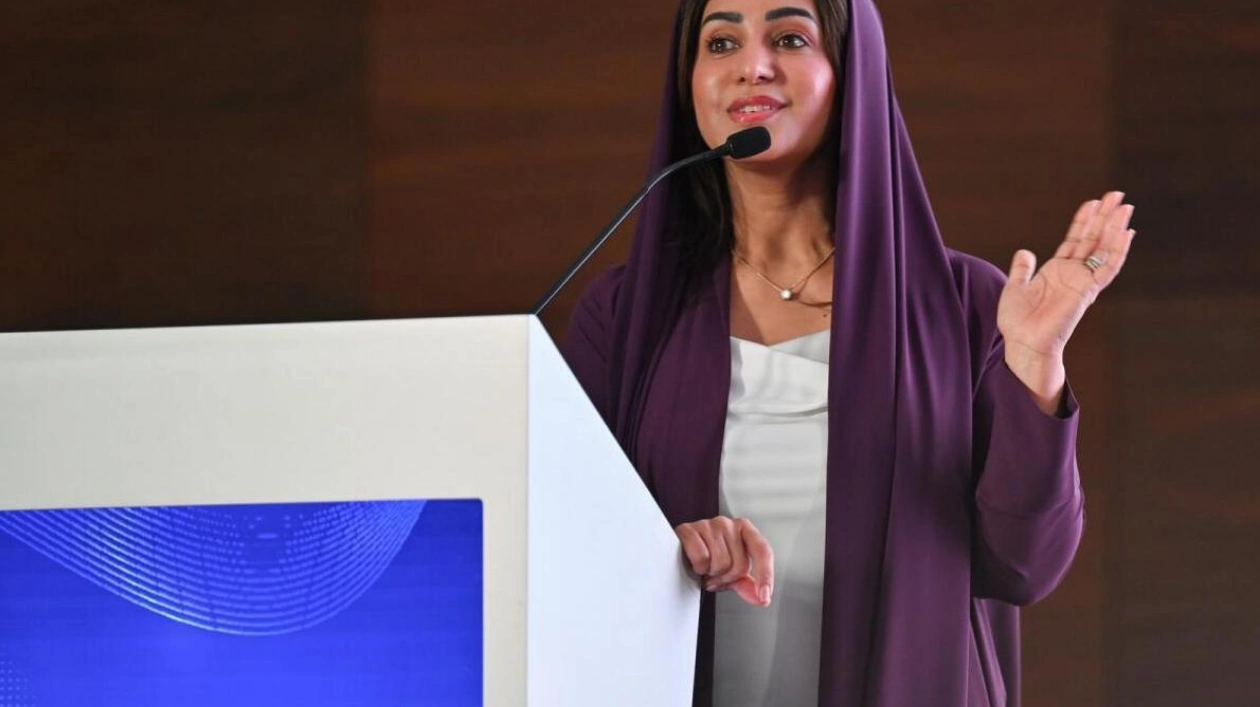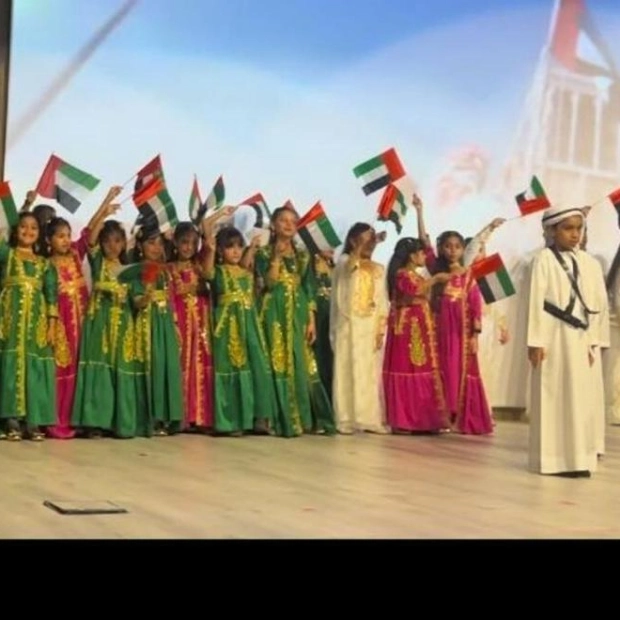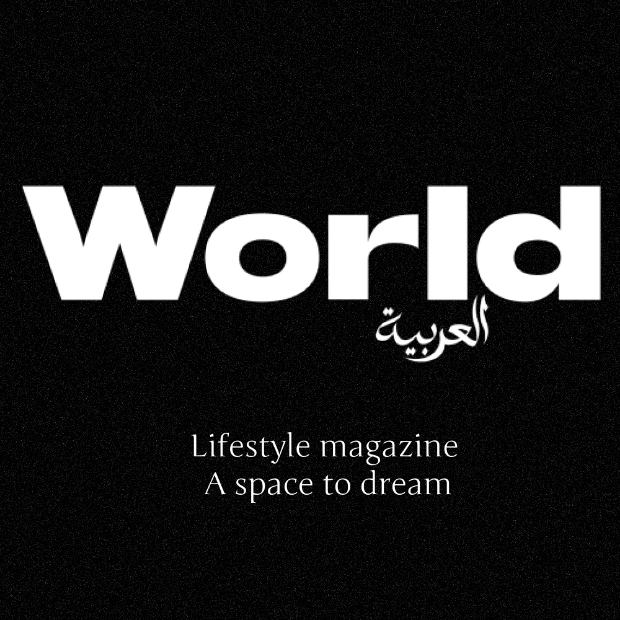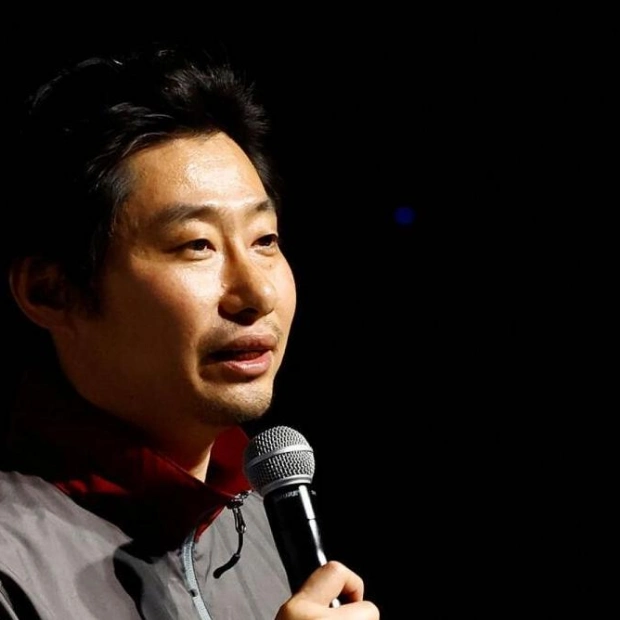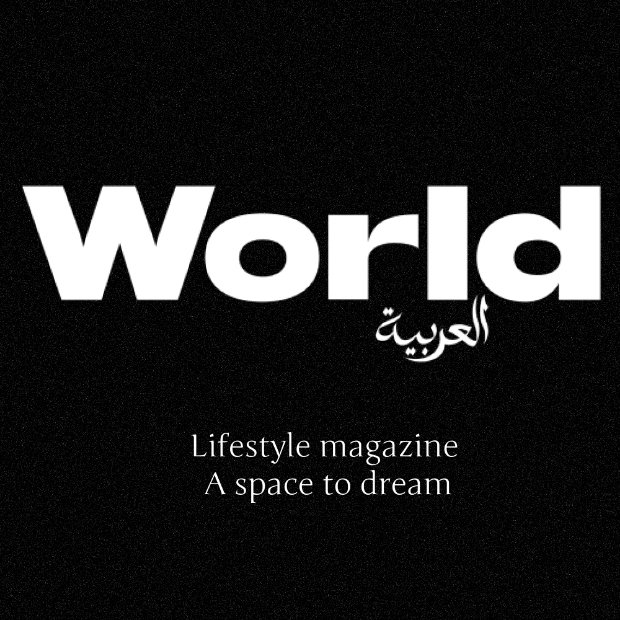Dr. Maryam Matar at the 4th edition of the Future of Healthcare, held at JW Marriott Hotel Marina, Dubai. Photo: Muhammad Sajjad
Thalassemia rates in the UAE have dropped by over 75% in two decades, largely due to the efforts of a non-profit organization. The UAE Genetics Disease Association (UAEGDA), led by its founder Dr. Maryam Fatma Matar, has significantly raised awareness about pre-marital screening for the genetic blood disorder among Emiratis. It has also been pivotal in advocating for legislative changes in the country concerning this issue.
“The prevalence of the disease was 12% in 2004,” Dr. Maryam noted. “Today it is 2.9%. This is a remarkable achievement for our NGO. We are the sole organization representing the Middle East in the Global Commission of Rare Diseases. We have had a partnership with Harvard Genetic Institute since 2017.” Dr. Maryam shared these insights during her address at the Future of Healthcare conference organized by Khaleej Times on Wednesday.
Despite the association being formed in 2004, Dr. Maryam had already started her work much earlier. She recounted the challenges she faced in persuading Emiratis to undergo screening. “In 2001, I visited the northern emirates, specifically Ras Al Khaimah,” she said. “Being a tribal community, it was controlled by the tribe. I traveled by helicopter to meet the tribe leader on top of a mountain and requested a conversation. His wife came, and I began explaining, but he was unconvinced. He refused to allow female screening, permitting only males to be tested.”
Dr. Maryam then described an epiphany she had while being served dates. “I asked him how many members were in his tribe, and he replied there were over 30,000,” she recalled. “If you don’t screen your tribe, within 30 years, only 10 members will remain due to the continuous birth of unhealthy children who will die young. He inquired what he should do.” She used the date parable to explain further. “I asked if he could identify the seed of a date as Jabri or Khnaizi, and he said he could,” she said. “I explained that’s precisely what we do. If one tree in your farm is diseased, you cut it out. We’re not asking you to harm your people; we’re asking you to identify this illness early to prevent its spread.” Before departing, Dr. Maryam and her team screened 72 tribe members, though the leader forbade them from publishing the results.
Premarital screening is crucial for identifying carriers of haemoglobin disorders and preventing Thalassemia. Dr. Maryam, initially aiming to be a plastic surgeon, changed her career path during her clinical rotation as an intern. “I witnessed the suffering and guilt in parents bringing their child for a blood transfusion due to Thalassemia,” she said. “A simple search revealed that Cyprus had celebrated 11 years without children born with the disease, thanks to legislation and awareness. From then, I shifted my specialty to community medicine.” Since then, she has been a prominent figure in the UAE’s medical industry, becoming the first Emirati woman to hold the position of Undersecretary at the Ministry of Health.
Dr. Maryam shared her journey at the Future of Healthcare summit to underscore the significance of NGOs in the healthcare sector. The summit provided a platform for healthcare professionals focused on the industry’s future to address upcoming challenges and seize opportunities.
Source link: https://www.khaleejtimes.com
